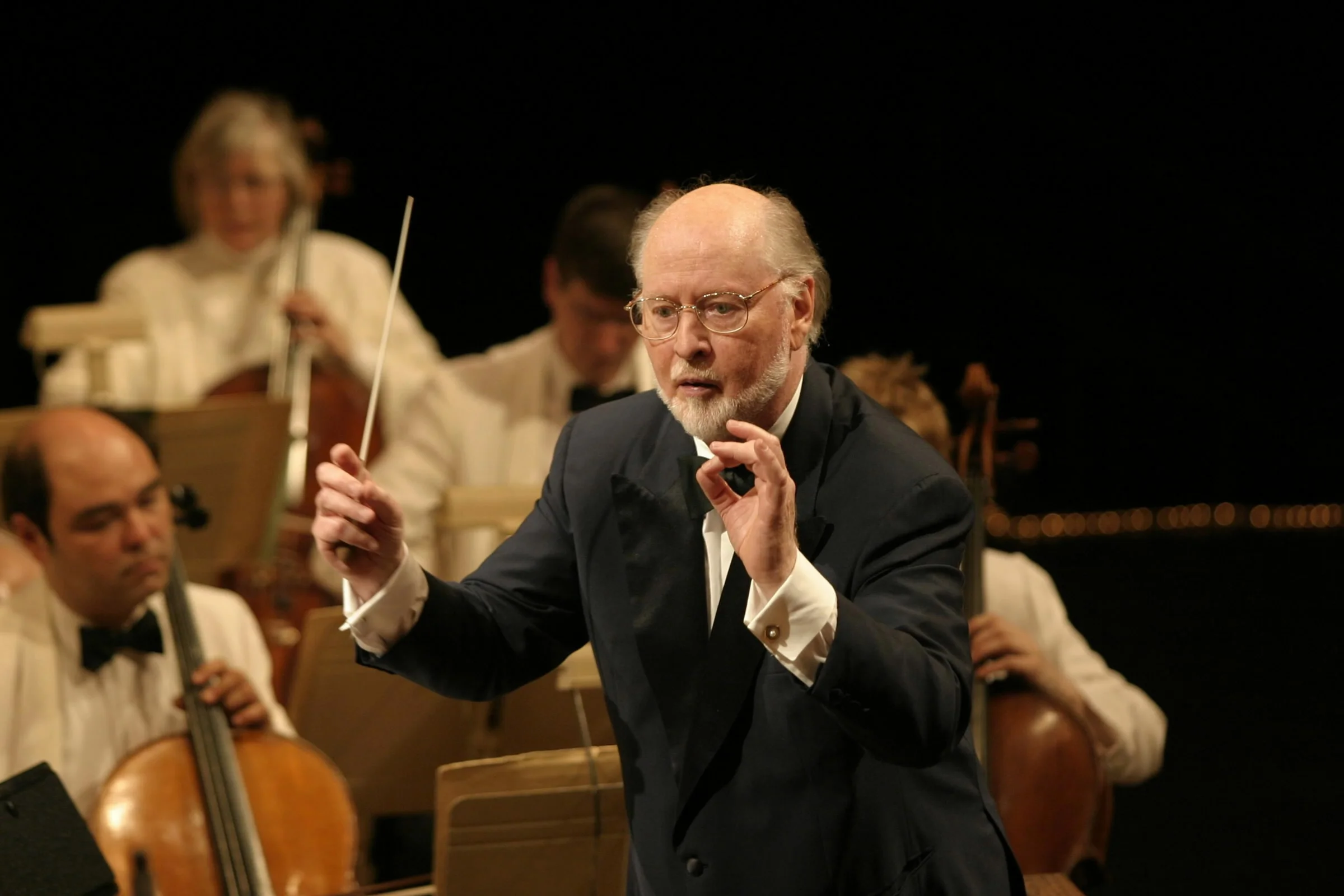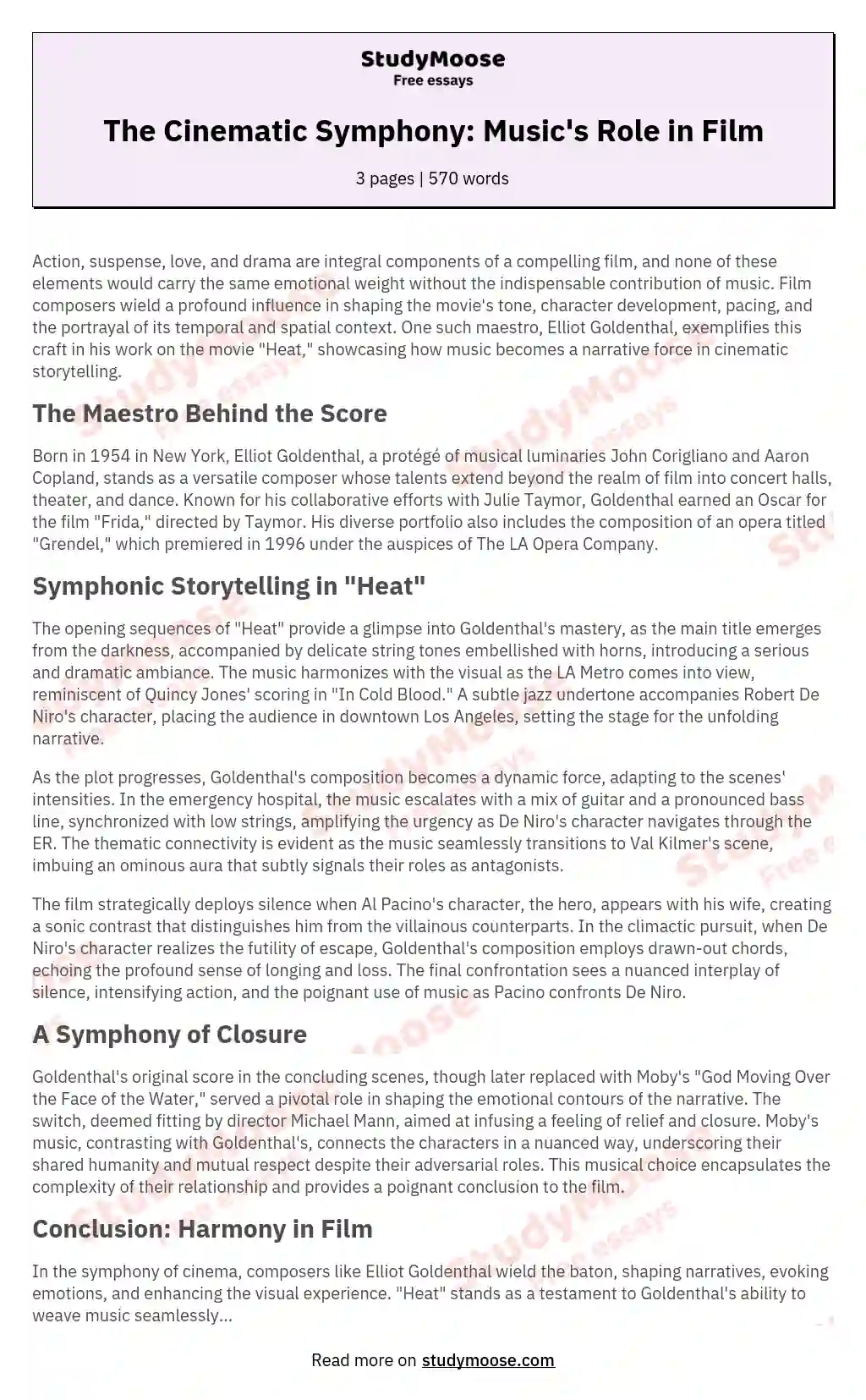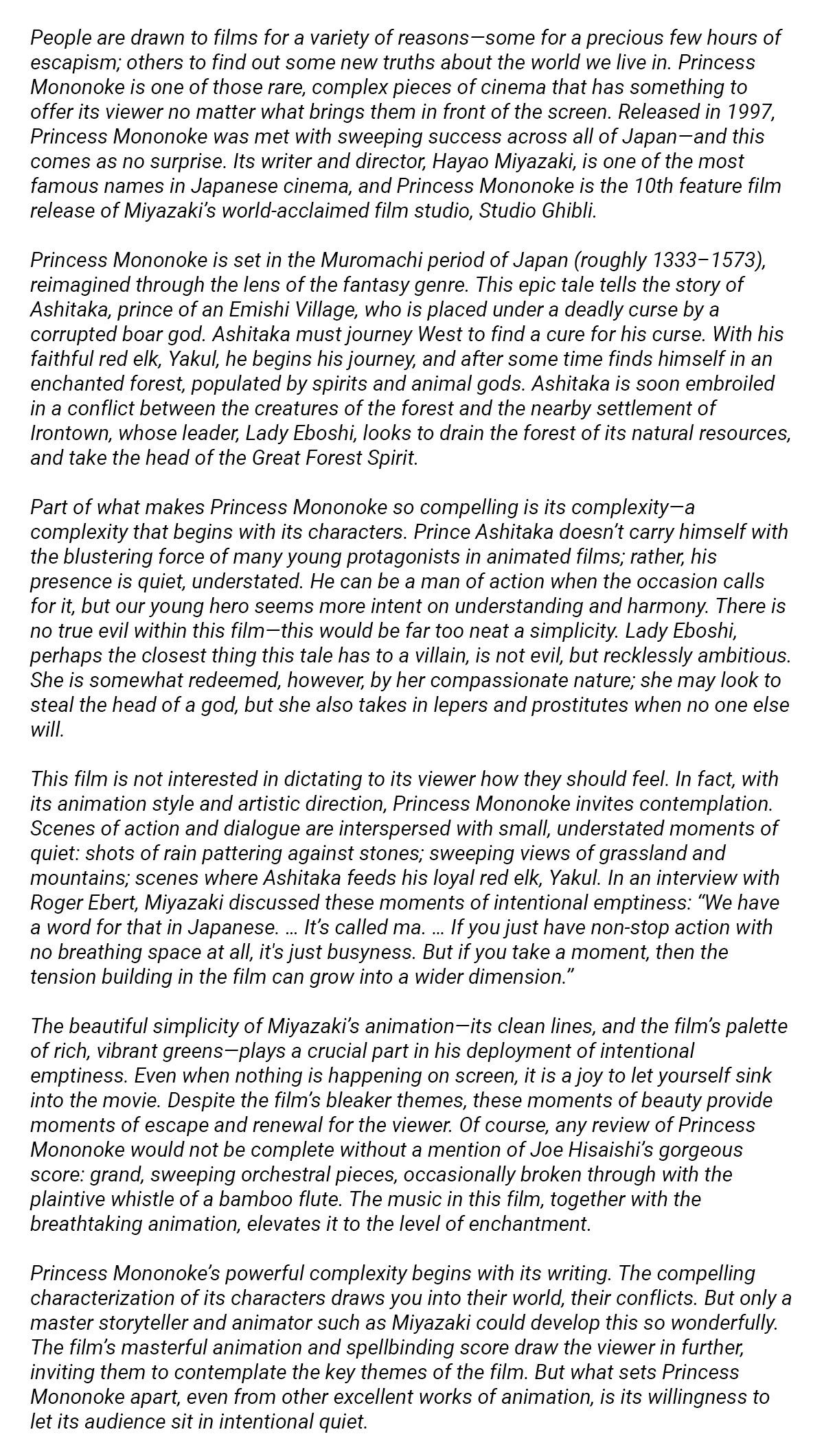

Film Critique ᐉ how to write a movie review essay ☑️ what is a movie review?
Films are not just about visuals; they are an immersive experience that can transport us to different worlds, evoke emotions, and tell compelling stories. Central to this experience is the music that accompanies each scene, shaping our interpretations and feelings about what we see on screen. Music in film enhances the story and provides a deeper layer of meaning that resonates with the audience. Let’s explore the pivotal role that music plays in cinema.
The Cinematic Symphony: Music’s Role in Film

From the very first moment the opening credits roll, the score sets the tone, creating an atmosphere that invites the audience into the film’s world. Think of iconic films like “Star Wars” or “Jaws.” The moment you hear the opening notes, you can instantly feel the energy, suspense, or adventure that awaits. Music not only helps in establishing the tone but also plays a crucial role in building the narrative structure.
Often, composers work closely with directors to ensure that the music aligns perfectly with the emotional beats of the story. For instance, during climactic moments, a swell in the music can amplify the urgency and tension of the scene, while a soft, melancholic melody can evoke feelings of sadness and longing. This is why many filmmakers consider music one of the essential elements of storytelling. It is the invisible thread that ties the visual components of a film together.
Moreover, themes associated with specific characters can create a deeper connection with the audience. A recurring theme for a character allows viewers to anticipate their actions and feelings. For example, in “The Godfather,” the use of the haunting love theme associated with Michael Corleone lends depth to his narrative arc. Observing this musical evolution can provide insight into character development as the film progresses. The sound becomes a familiar element that enriches the experience of watching the story unfold.
Crafting a Movie Review Essay

When it comes to sharing personal opinions on films, writing a movie review essay is an effective way to express thoughts and critique. Writing a movie review is an art in itself; it requires balancing personal impressions with analytical observations while engaging the reader. The great thing about movie reviews is they allow individuals to articulate what makes a film resonate or falter.
Starting with a summary, a review can engage readers by giving them a glimpse of the plot without spoiling key moments. It’s important to avoid giving away major twists and turns, as creating a sense of intrigue is often what draws audiences into movies. One should aim to convey the film’s premise — the central conflict, the protagonists, and what sets the story apart from others. This introductory glimpse sets the stage for deeper analysis.
Next, it’s valuable to delve into themes and character arcs. Discussing the central themes not only informs readers about what the film is trying to say but also invites them to reflect on their own interpretations. What does the film communicate about society, love, friendship, or conflict? A well-rounded review will explore both the explicit message and the subtler nuances that may go unnoticed in a casual viewing.
Equally, character development can be a focal point in any movie review. Who stood out? Were the character arcs satisfying? How did the direction and music influence your perception of the characters? Addressing these questions gives an in-depth analysis that elevates a simple review to something more insightful and meaningful. For example, how did the score complement the emotional landscape of the characters’ journeys?
Additionally, critiquing the technical aspects of film—cinematography, sound design, editing, and particularly music—can enhance a review. It allows the reviewer to highlight what may have made the film a standout or where it fell short. Sound design is often an underappreciated element, yet it’s vital for creating an immersive atmosphere. The interplay of visuals and sound creates a holistic experience; thus, noting how the score or ambient sounds contributed can enrich the analysis.
In a well-crafted review, balancing subjective opinions with objective commentary is key. Whether you loved a film or found it lacking, articulating specific examples from the film to support your opinion is crucial. Discussion around music—its integration, emotional impact, and how well it supports the narrative arc—can serve as a pivotal point in expressing your viewpoint. This added layer demonstrates a thoughtful engagement with the film.
Finally, every good essay will conclude with a solid summary that not only wraps up your points but also reinforces your overall impression of the film. Are you recommending it? What audiences might find joy in watching it? Providing a final thought can leave readers with something to mull over after they read your review, potentially enticing them to check out the film or consider it from a new perspective. A strong conclusion can elevate the entire essay, prompting thoughtful reflection long after the last sentence has been read.
In conclusion, music plays a multi-dimensional role in film, adding depth and resonance to storytelling. As viewers, we experience emotion in a way that visuals alone cannot provide. Writing an insightful movie review reveals not just the filmmaker’s intentions but also our own interpretations, giving voice to the experience of cinema. So the next time you sit down to watch a film, pay attention to the music. Observe how it enhances the narrative, and when you find time, put pen to paper (or fingers to keys) and share your reflections. The world of cinema deserves to be dissected and celebrated, and your voice matters in that discourse.







